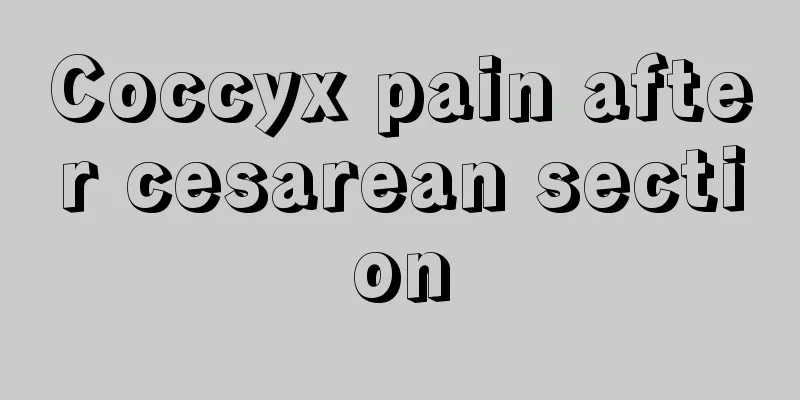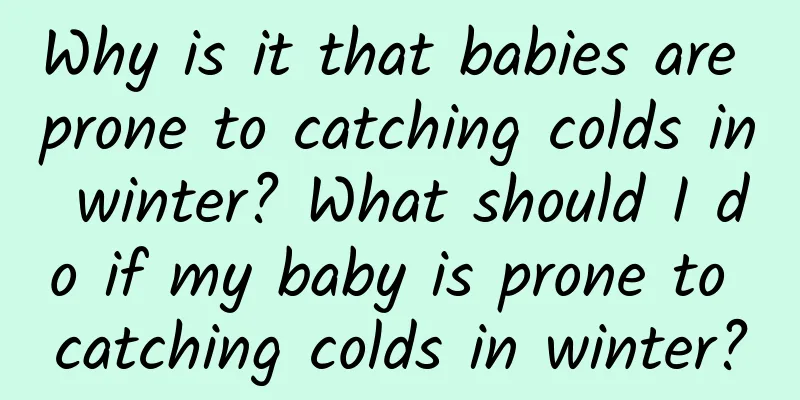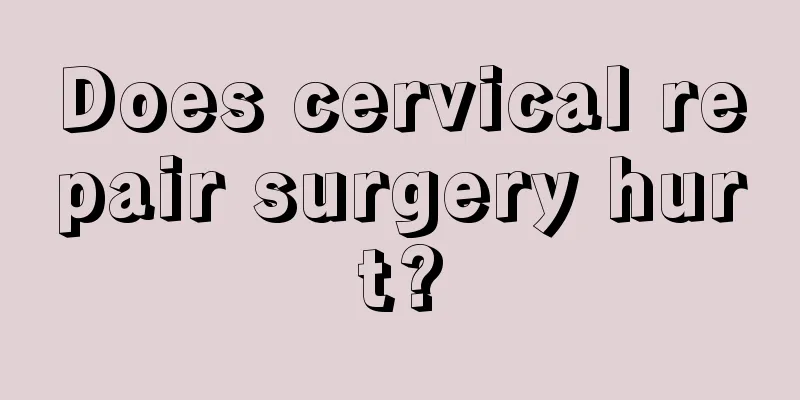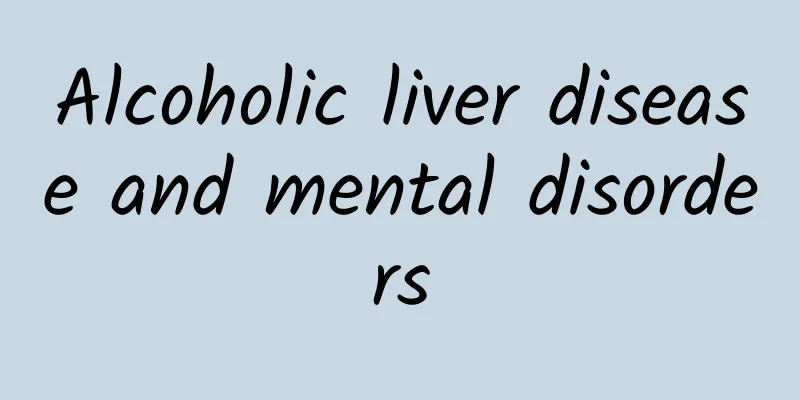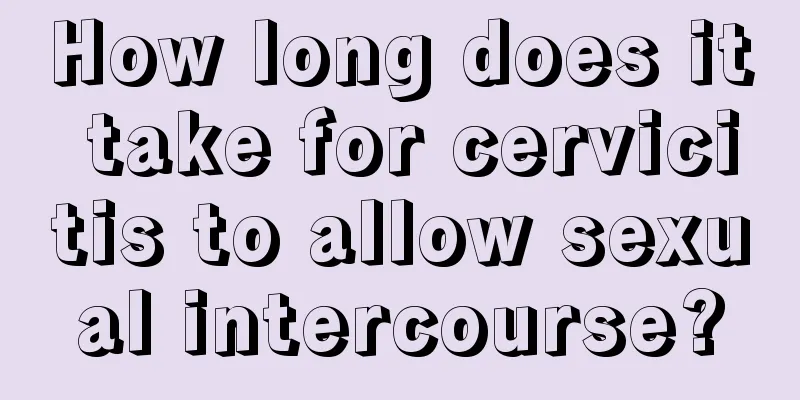Special planning of the “Health from Food” series | Are food additives really not edible?
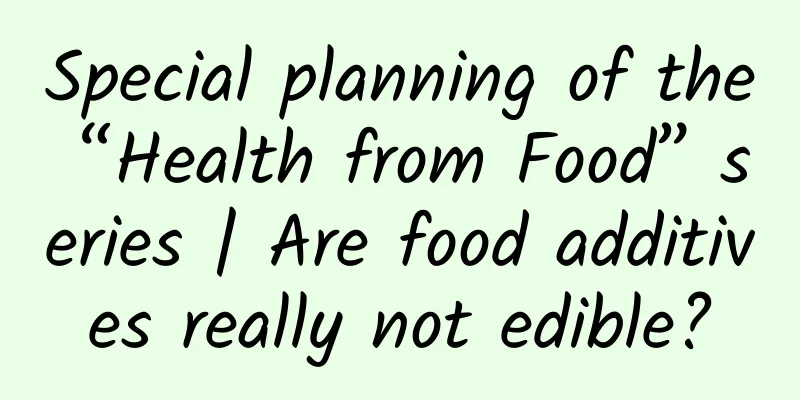
|
Some time ago, Internet buzzwords such as "technology and hard work" and "Hextech" caused many people to have food anxiety. Are food additives safe? Even now, many people still think that food is unhealthy and unsafe when they see something other than raw materials on the food ingredient list. In the Food Safety Law of the People's Republic of China, the concept of food additives is described as artificial or natural substances added to food to improve food quality and color, aroma and taste, as well as for the needs of preservation, freshness and processing technology, including nutritional enhancers. Can we eat food additives? Food additives are not a scourge, and whether they are healthy and safe depends on scientific judgment. Whether the label says "zero additives" or "pure natural" or whether food additives are used in the food production process, as long as it complies with relevant laws and regulations and food safety standards in my country, it is safe and can be eaten with confidence. At the same time, food additives are indispensable for the food processing industry. They can extend the shelf life, improve food flavor, increase nutritional value, and facilitate food processing, storage and transportation. For example, they are preservatives in low-salt pickles and soy sauces, antioxidants in instant noodles and various cookies and snacks, etc. Without these food additives, the transportation and sales time of food will be limited, and we may hardly see a wide variety of food on the shelves of supermarkets. Principles for the use of food additives The current "National Food Safety Standard for the Use of Food Additives" clearly stipulates the principles for the use of food additives, the types of food additives allowed, the scope of use, and the maximum amount or residue of food additives. The basic requirements that food additives should meet when using mainly include: 1. It should not cause any health hazards to the human body; 2. Food spoilage should not be concealed; 3. Food additives should not be used to cover up quality defects in food itself or in the processing process, or for the purpose of adulteration, falsification or counterfeiting; 4. The nutritional value of the food itself should not be reduced; 5. Reduce the amount used in food as much as possible while achieving the expected effect. In general, we must correctly understand food additives, objectively view and analyze the pros and cons of food additives, and purchase food that meets national standards through formal channels. Author: Li Sijia, Henan University of Science and Technology Review expert: Wang Yao, associate professor of the School of Food and Bioengineering, Henan University of Science and Technology |
<<: Popularization of knowledge about human assisted reproductive technology
>>: How to prevent thrombosis in patients with PICC catheterization
Recommend
How to abort a child safely
For some people who have an unexpected pregnancy,...
Dull pain in the right lower abdomen during early pregnancy
When a pregnant woman is pregnant, not only shoul...
Mole diagram on the palm of a woman's left hand
A mole on the center of the palm indicates wealth...
Can bitter hazelnuts be eaten? What will happen if you eat bitter hazelnuts?
Hazelnuts are nuts. Among the "four major nu...
It hurts when you press below a woman's belly button
Abdominal pain is very common in daily life, and ...
How to check pelvic inflammatory disease adnexitis?
Female inflammatory diseases are the most troubli...
Picture of 29-week fetus in the belly
It is not ideal for pregnant women to gain weight...
Is it better to have an acidic constitution or an alkaline constitution?
The human body's blood values have a range ...
Why am I emo even before my period comes?
This is the 4172th article of Da Yi Xiao Hu Recen...
What to eat during menstruation during breastfeeding
Breastfeeding is a very special stage. Mothers du...
How to do vaginal tightening exercise with diagram
Persistently doing vaginal tightening exercises c...
Is permanent hair removal real?
Hairy women are always so unpleasant, so everyone...
What should I do if I can’t get over the psychological trauma after an abortion?
For all female friends who want to be mothers, th...
How do you know if the engine piston ring is broken? Why does the piston ring break?
Piston rings are not only used in gasoline engine...
What causes hot and sweaty periods?
There are many reasons why a girl has hot flashes...


